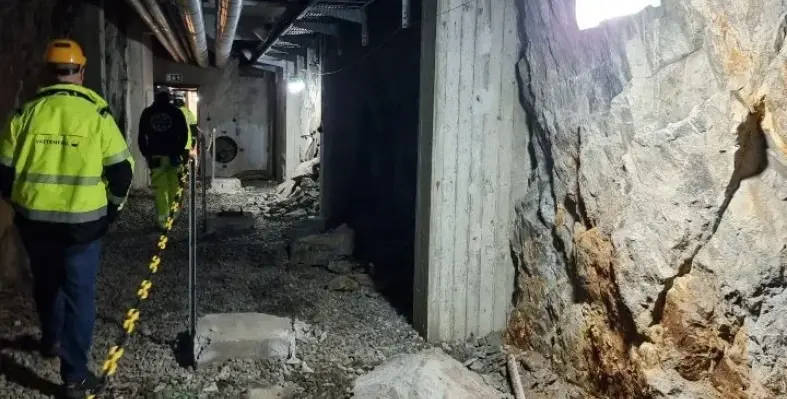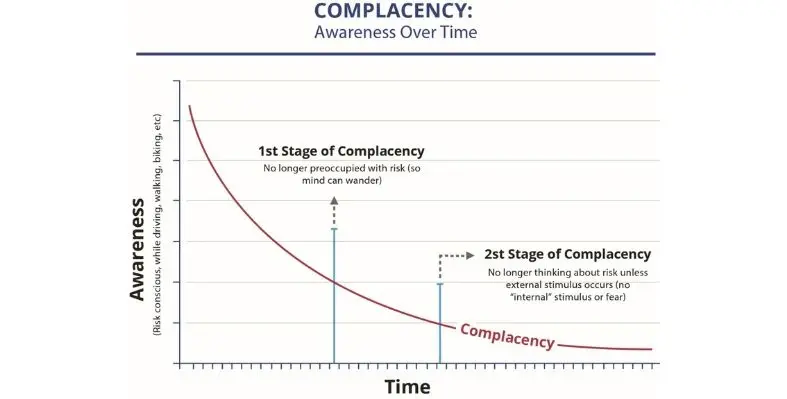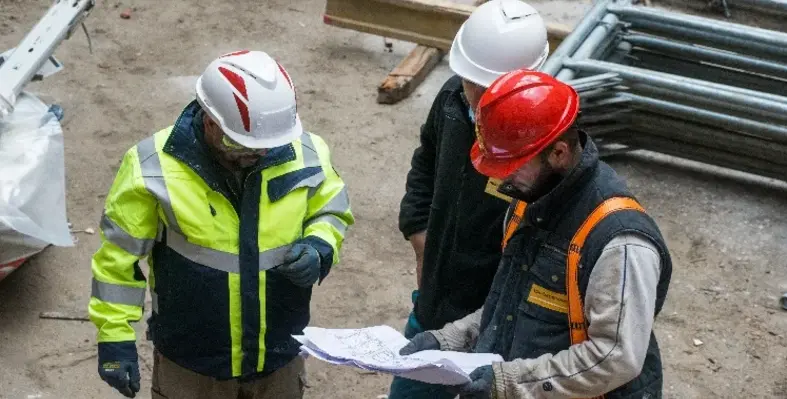Greece is facing a devastating surge in workplace fatalities, with 172 workers losing their lives in the first nine months of 2025, according to the Federation of Associations of Technical Works Employees (OSETEE).
This equates to one death every two days and marks a steep rise that places Greece among the worst performers in the European Union for worker safety.
Data presented by OSETEE at a recent seminar showed that 139 deaths occurred in the first seven months alone, averaging one fatality every 48 hours. Eurostat estimates that roughly 40 workplace incidents take place across the country each day, though gaps in official reporting mean the true extent remains unclear.
This year’s toll has already overtaken last year’s total of more than 150 deaths, setting a bleak new record. OSETEE links the sharp increase to the worsening conditions employees have faced over the past 15 years, including long hours, unsafe environments, and inadequate protections. The situation is compounded by the lack of robust tracking for occupational diseases, many of which go unreported despite being directly tied to workplace exposure.
Growing number of deaths
OSETEE has stressed that “workplace accidents have taken on epidemic proportions,” with annual incidents exceeding 14,000, according to the Independent Authority of Labor Inspectors. In 2023 alone, 14,920 accidents were recorded, up from 14,388 in 2022 and 11,957 in 2021. The economic impact surpasses €150mn each year, not counting the severe social consequences.
The latest data shows that incidents are concentrated in several key sectors, including retail trade, accommodation services, public administration, human health activities, construction, wholesale trade, and the food industry. In 2023, OSETEE recorded 179 workplace deaths and 287 serious injuries, a significant jump from the 104 deaths and 140 serious injuries reported in 2022. The hardest-hit groups included wage workers and labourers, farmers, construction workers, and personnel from the armed forces and security services.
A major concern highlighted by experts is Greece’s failure to formally monitor occupational morbidity, chronic illnesses, or deaths linked to long-term workplace exposure. Research conducted with the European Agency for Safety and Health at Work suggests that as many as 2,500 deaths each year in Greece may be caused by work-related diseases that never enter official statistics.
The General Confederation of Greek Workers (GSEE) has sounded the alarm over what it calls an “explosive escalation” in workplace fatalities, urging immediate reforms to tackle hazardous conditions, excessive working hours, and weak regulatory enforcement. As Greece continues to fall behind EU safety benchmarks, labour advocates stress the need for urgent intervention to prevent further loss of life.

























